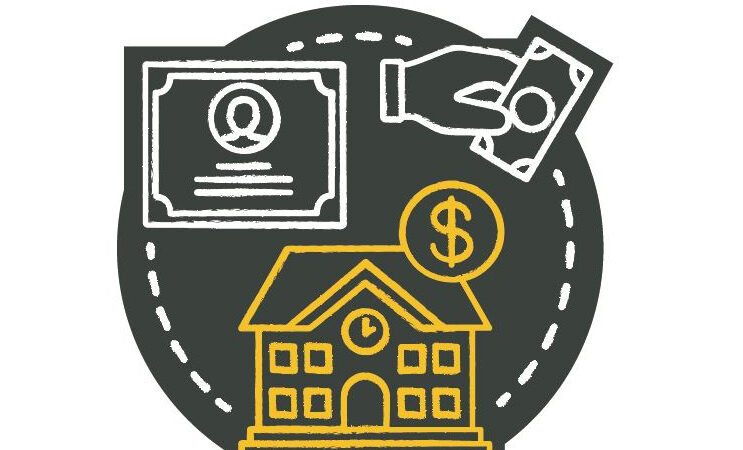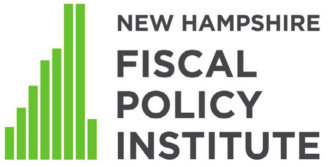Legislature wraps session with investments in transportation, child care and key settlement funds

If given final approval and implemented, investments could support the economy and Granite Staters with low and moderate incomes
 Every odd-numbered year, the Legislature convenes in Concord to consider the state budget and other bills.
Every odd-numbered year, the Legislature convenes in Concord to consider the state budget and other bills.
While many policymakers are already looking ahead to more significant fiscal policy decision to be made in 2025, the 2024 legislative session resulted in some key investments and policy changes that could, if given final approval and implemented, help support the economy and Granite Staters with low and moderate incomes.
In total, the Legislature allocated about $105 million in general fund revenue in this non-budget year, drawing on the revenue surplus to support new activities funded outside of the state budget. The Legislature also approved $40 million in new borrowing for a new state prison for men, modified and approved the approximately $5 billion Ten Year Transportation Improvement Plan, and provided more opportunities to deploy the dwindling, remaining, flexible American Rescue Plan Act funds.
The general fund investments, which were limited by the size of the state’s current revenue surplus, came through several separate pieces of legislation. The largest, $60 million, added funding for legal settlements associated with the abusive actions of past state employees and contractors — this liability for the state will likely increase substantially over time. The Legislature also allocated $26 million to expand retirement benefits for certain public police and fire services employees.
Bills with lower costs included devoting more resources to expanding eligibility for child care subsidies to child care workers, as well as assistance for child care providers to care for children with special needs. The Legislature also appropriated resources to funding meals for children who are out of school during the summer, and to help improve access to food assistance for older adults.
Other changes to law may help address the shortages of affordable housing in the state. Approved legislation provides local options to incentivize converting commercial properties to residential units and amend zoning laws faster, setting new limits on sprinkler system and parking requirements set by local zoning and building codes, and shorten government approval timelines for new driveways to help limit costs associated with housing unit construction and adaptation.
These additional investments move fewer resources than will be affected by the decisions made during next year’s state budget process. Policymakers might face additional challenges funding services in 2025, as key revenue sources are likely to disappear while costs for service needs may increase.
Phil Sletten is research director for the NH Fiscal Policy Institute. The NHFPI Policy Memo is a partnership of the NH Fiscal Policy Institute and NH Business Review.
